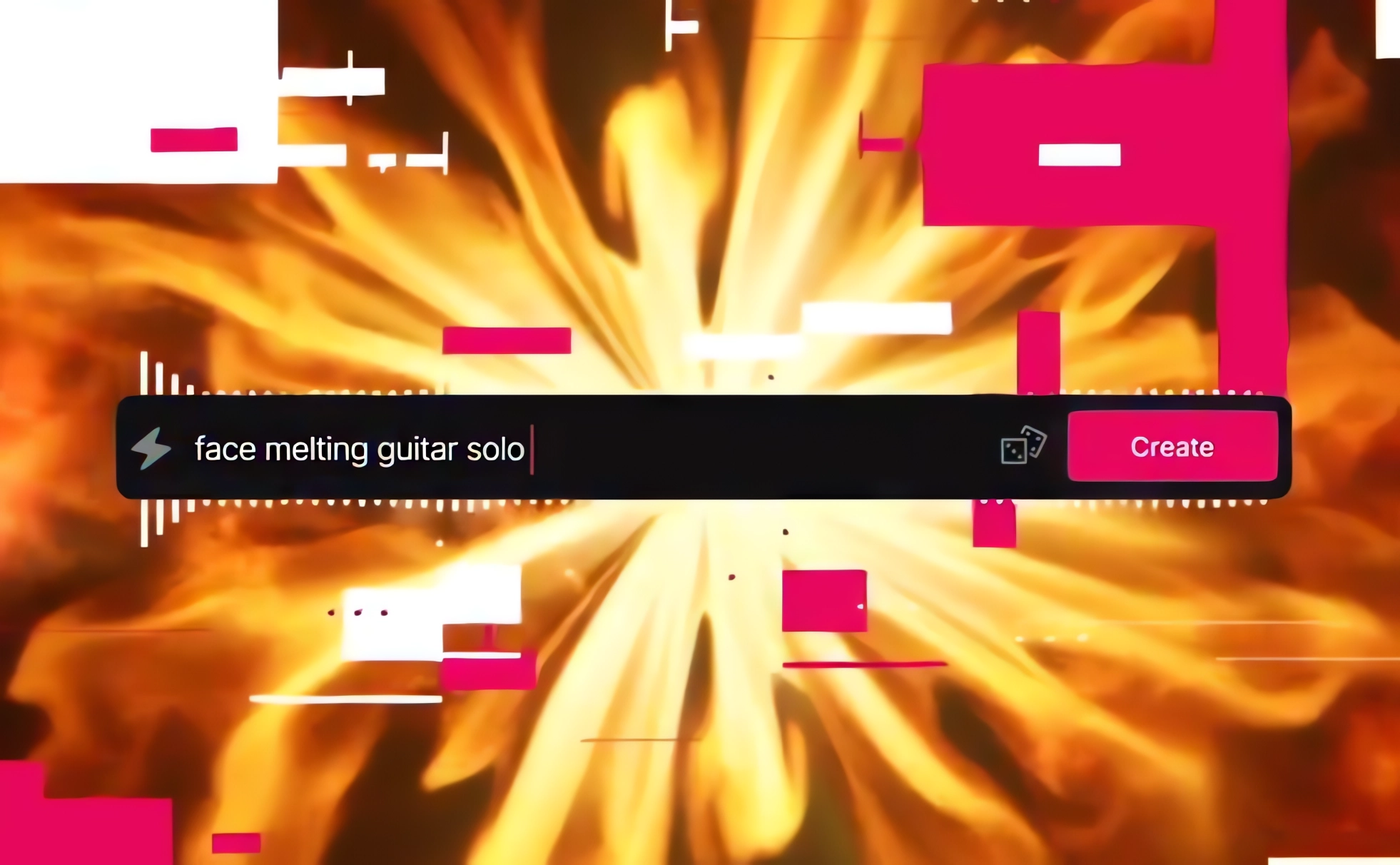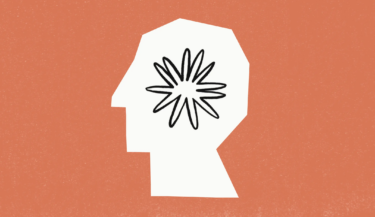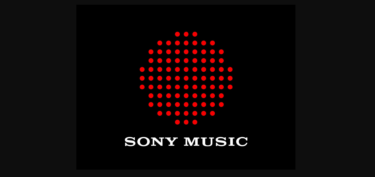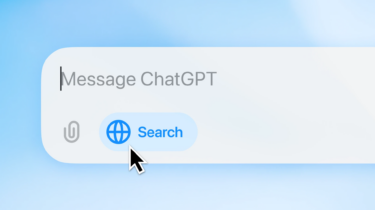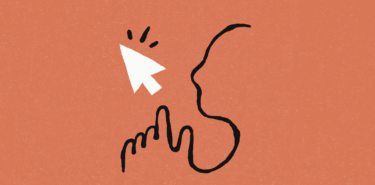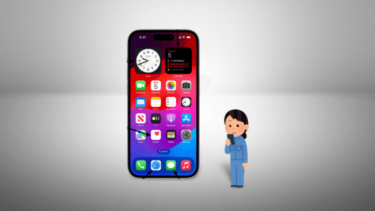Udio is the latest AI music generator to hit the market and is looking to overtake the current leader, Suno.ai. Can it do more than just elevator music?
The startup, founded by former Google DeepMind AI researchers and engineers, claims its product can create music in any style and genre based on text input, covering everything from gospel and blues to pop and rap, including vocals.
One of Udio's unique features is the ability to extend the generated music clips, adding intro and outro sections to create full tracks that can then be shared with the Udio community.
Video: Udio via X
The founders see their product as a "super-powered instrument that amplifies human creativity" and believe it is suitable for both musicians and amateurs alike, with better results the more input is provided, such as lyrics, sound and genre combinations, and creative taste.
The beta version of Udio is currently available for free and allows each user to create up to 1,200 songs per month. However, the company acknowledges that this early version may still have some issues and is working on improvements such as longer samples, better sound quality, support for more languages and additional control options.
Video: Udio via X
Based in London and New York, Udio says it is backed by high-profile artists such as Will.i.am and Common, and investors including Andreessen Horowitz (a16z).
Can AI music generators compete with human musicians?
The emergence of generative AI music creation tools, such as Udio and Suno.ai, raises questions about their potential impact on the music industry. While some musicians fear that these services could compete with human creativity, others might argue that human-made music involves more than just technical production, such as intention and stage presence.
The potential for AI generators to replace human effort may be greatest when the intention to create impact is low. Something similar applies to images and AI-generated visual art in general. For text, it depends.
In any case, the new generators seem advanced enough to evolve from a gadget to a serious tool for music production, although their random nature may be a disadvantage compared to specialized software. Still, the market for background music, sound samples, or just sources of musical inspiration may be large enough for AI generators to find a place.
However, the legal situation is still unclear. Suno.ai has been accused of training on commercial material without a license, and has yet to comment on its training material. The Udio team ignores the issue in their announcement for public release.
